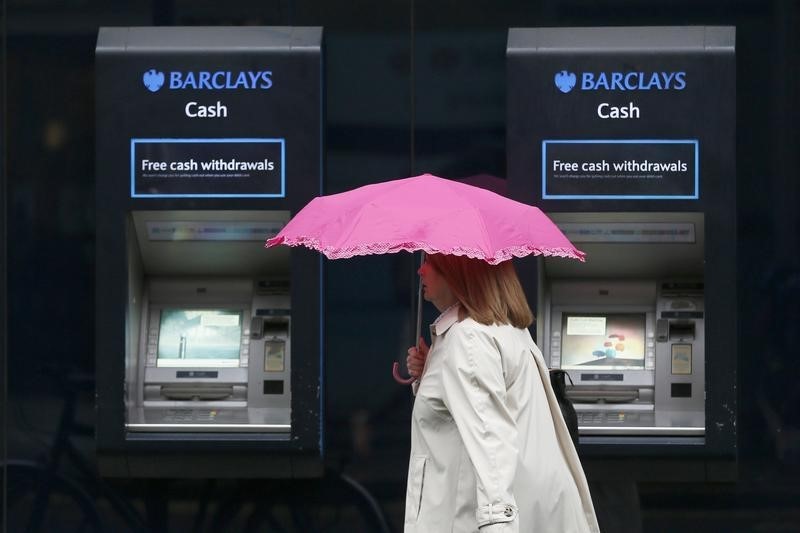This post was originally published on this site
https://i-invdn-com.akamaized.net/news/LYNXMPEB4B0YO_M.jpg
At least five European banks have piled into recommendations for a steeper yield curve — which implies a growing premium to hold longer-maturity debt than shorter-dated securities. That’s largely a reflection of the growing concern over inflation and record levels of government borrowing.
In the U.S., Federal Reserve Chair Jerome Powell appeared to give the market the green light for such trades last week, by signaling the institution would tolerate an overshoot of its 2% inflation target temporarily, before acting to restrain prices.
“When we’re down and troubled, steeper curves offer a ray of hope,” wrote ING Groep (AS:INGA) NV strategists led by Padhraic Garvey in a note to clients. “They by definition discount better times ahead. There has been steepening recently, and we think more is coming.”
Global markets have been beset by fears that inflation could roar back thanks to unprecedented stimulus from governments and central banks as they attempt to stem the economic fallout from the coronavirus. Rising prices erode the value of holding bonds, especially longer-dated securities, meaning that those are more likely to fall than shorter-dated notes.
The likes of Barclays (LON:BARC) Plc and UBS Group AG (SIX:UBSG) recommend that investors position for higher long-dated rates via trades that anticipate a steeper interest-rate swap curve. For Citigroup Inc (NYSE:C)., the transaction also acts as a hedge for any breakthrough on a vaccine for the coronavirus, which would likely spark a selloff in the bond market.
What Bloomberg Intelligence says:
“The curve may steepen on post-summer increase in supply and catch-up to higher inflation pricing. But don’t expect any tantrum, any repricing is looking modest at best.”
— Tanvir Sandhu, Chief Global Derivatives Strategist
The U.K.’s case isn’t different either, with Goldman Sachs Group Inc (NYSE:GS). recommending positioning for the yield premium on 30-year bonds over two-year ones to increase. The bank sees the Bank of England potentially changing the sequencing of any tightening of monetary policy, allowing quantitative easing to run off before interest rates are raised significantly.
For Societe Generale (OTC:SCGLY) SA, the steepener trade should benefit from investors abandoning their summer caution as well as progress on the European Union’s landmark recovery fund, which has buoyed sentiment across the region. Bond supply too is set to pick up into year-end.
“Summer jitters did not materialize,” wrote SocGen strategists led by Adam Kurpiel. “New issuance is the key focus now.”
©2020 Bloomberg L.P.

